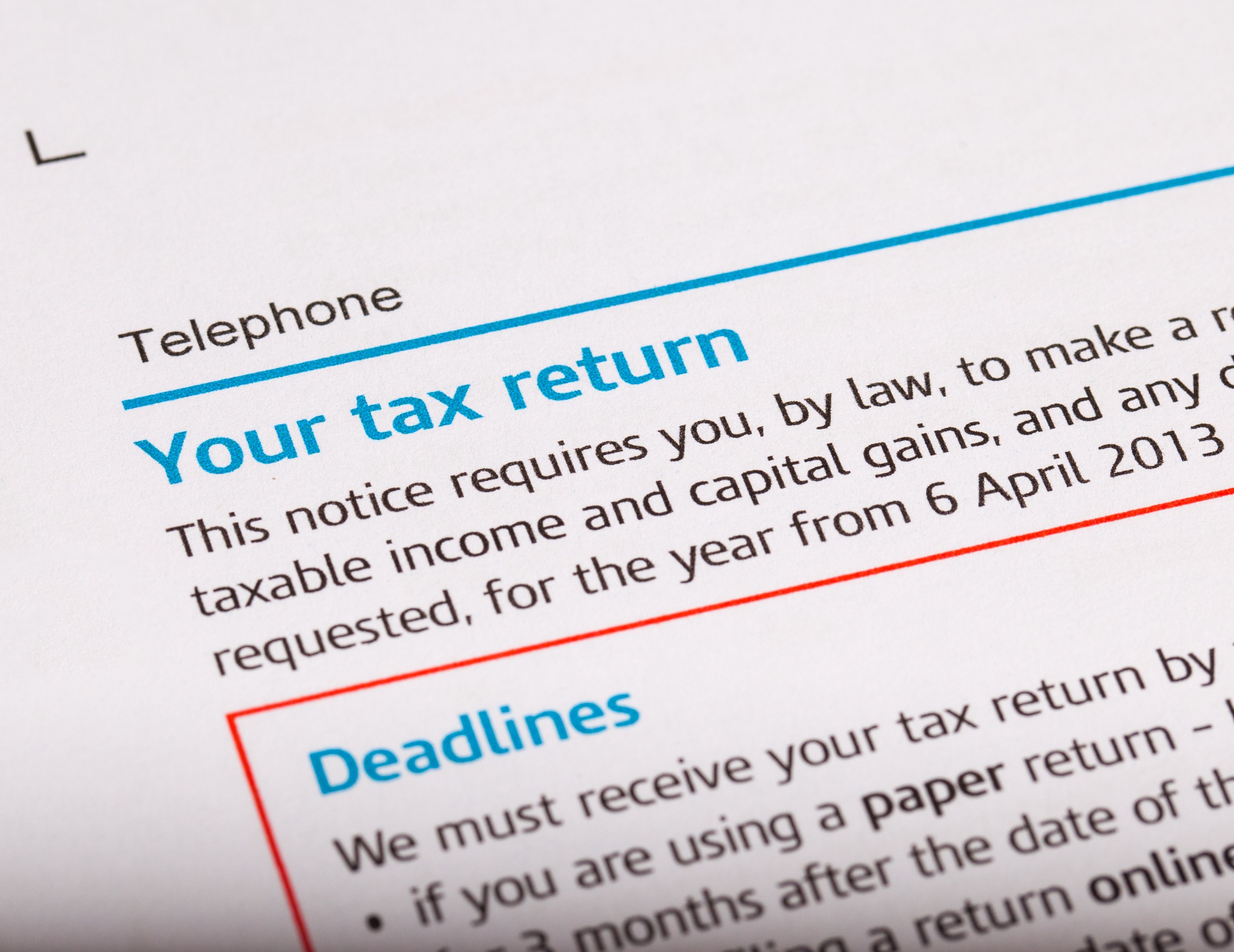So are tax returns public or private?
A common question that arises during tax season is, Are tax returns public record? The short answer is NO, tax returns are not public record in the UK. Tax information is considered private and confidential, which means only authorised individuals, such as HMRC and the taxpayer, have access to it.
1. Who Has Access to Your Tax Return?
HMRC
The primary organization that handles and reviews tax returns is HM Revenue & Customs (HMRC). HMRC requires individuals and businesses to submit tax returns to calculate the correct amount of tax owed. However, this information is strictly confidential and is not shared with the general public.
The Taxpayer
As the taxpayer, you are the only individual with access to your full tax return. Whether you file your return through a self assessment or as a business, your tax details remain private. You have the right to access, review, and correct any personal tax information submitted to HMRC.
Authorized Tax Advisors
If you work with a tax advisor or accountant, you may authorize them to access and submit your tax returns on your behalf. This allows them to file your taxes accurately and manage your tax affairs. However, your tax advisor is also bound by confidentiality and cannot share your tax information with unauthorized parties.
2. Are Business Tax Returns Public?
Company Accounts and Public Records
While tax returns themselves are not public, limited companies are required to file annual financial accounts with Companies House. These accounts, including the company’s financial statements, are public records and can be viewed by anyone. However, the tax return itself, which contains more detailed information about a company’s finances, remains private.
Privacy of Sole Traders and Partnerships
For sole traders and partnerships, the situation is different. Their tax returns are completely private and are not subject to public records. Only the individuals and HMRC have access to this information, ensuring that personal financial details remain confidential.
3. Under What Circumstances Can Tax Information Be Shared?
Legal Obligations
In certain situations, tax information may be shared with other government bodies, but this is strictly controlled. HMRC may share tax information with law enforcement agencies if there is a legal obligation to do so, such as in cases of suspected tax fraud or criminal activity. However, this sharing is done in line with strict data protection regulations.
Court Orders
In rare cases, a court may require the release of tax information. This typically occurs in legal disputes, such as divorce settlements, where financial records are requested to resolve a case. Even in these instances, the information is handled confidentially and only shared with the relevant parties.
Consent from the Taxpayer
You can choose to share your tax information with others, such as when applying for loans or mortgages. In these cases, you may be asked to provide copies of your tax returns to demonstrate your financial situation. However, this is entirely voluntary, and you control who has access to your tax details.
4. Protecting Your Tax Information
How HMRC Safeguards Your Privacy
HMRC takes privacy and data security seriously. They use secure systems to store and manage tax information, ensuring that your details are protected from unauthorized access. When you submit your tax return online, HMRC uses encryption to protect your data, making sure it is safe during transmission.
Avoiding Tax Scams
One of the risks associated with tax information is falling victim to tax scams. Fraudsters may try to impersonate HMRC to gain access to your personal details. Always ensure that you are dealing directly with HMRC through their official website, and never share your tax information with anyone claiming to be from HMRC unless you can verify their identity.
Using Professional Help
Working with a qualified accountant or tax advisor adds another layer of protection. Professional tax advisors follow strict confidentiality rules, ensuring that your information is handled safely and securely. When sharing your tax details, only work with trusted professionals.
5. Are Tax Returns Public in Other Countries?
Tax Return Privacy in the UK
In the UK, privacy around tax returns is well-protected, and the general public cannot access individual or business tax returns. This is consistent with the government’s commitment to protecting taxpayer privacy.
Tax Return Transparency in Other Countries
In some countries, tax returns may be more transparent. For example, in Norway and Finland, certain details about individual tax payments are publicly available. This level of transparency is intended to promote fairness and reduce tax evasion. However, even in these countries, sensitive information such as full financial details remains private.
How TRW Accountants Can Help
At TRW Accountants, we prioritize the privacy and security of our clients’ tax information. If you have questions about filing taxes or want to ensure your tax returns are submitted securely, we are here to help. Contact us today to learn more about how we can assist you with tax filings while protecting your confidentiality.
Conclusion
To answer the question, are tax returns public record? — no, they are not. In the UK, tax returns are confidential and only accessible to the taxpayer, HMRC, and any authorized advisors. While companies may have some financial data on public record, individual tax returns remain private. If you’re concerned about privacy when filing your tax return, working with a professional accountant can give you peace of mind that your information is protected.
For further insights, explore our resources on Who can get a tax return? and What months are tax returns?.

